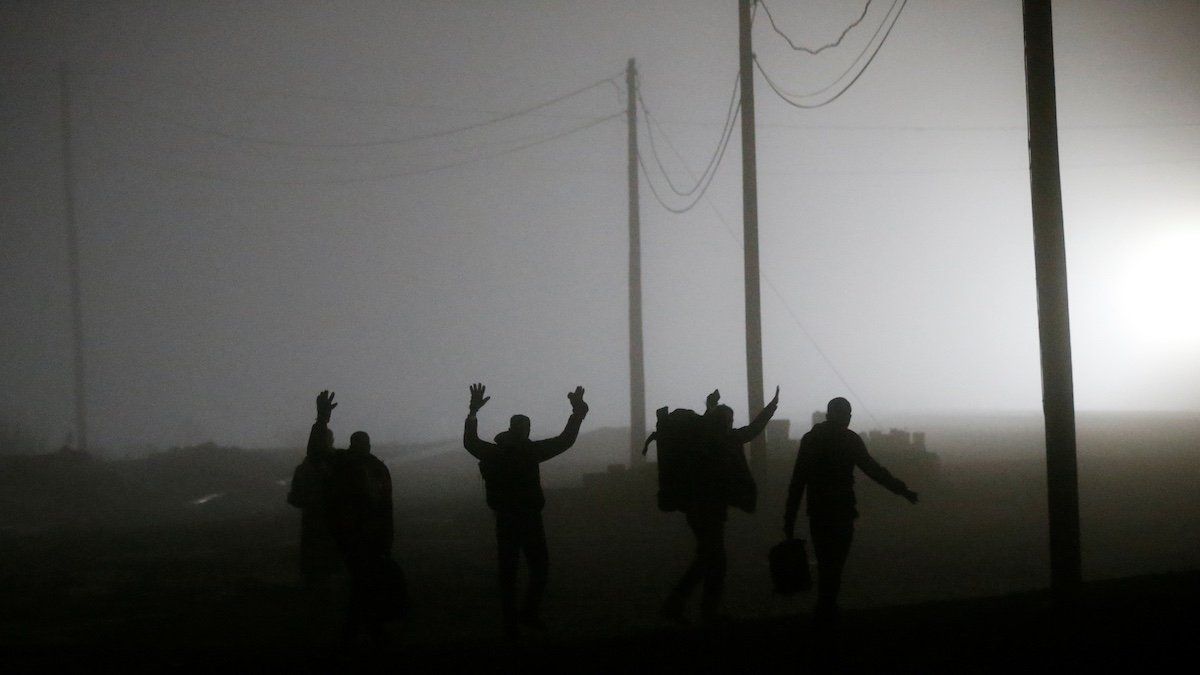The United States haschanged its northern border policy in a bid to limit the number of asylum-seekers crossing into the country from Canada as the number of migrants seeking shelter in the US continues to rise. Border Patrol has already detained 16,500 illegal migrants at the US-Canada border so far this year – up from just 10,000 last year and 2,200 in 2022.
The changes include a requirement that asylum-seekers come prepared with documents for review so that border officials can determine if they are eligible for entry or must be sent back to Canada under the joint Safe Third Country Agreement. Previously, migrants could request time to gather documentation while remaining stateside. A second change cuts the time migrants have to consult with an attorney, dropping the window from 24 to four hours.
Canada recentlyconcluded that the US changes are in line with the Safe Third Country Agreement, which the Biden administration claims will lead to a speedier and more “efficient” processing of asylum-seekers.
The updates brings US policy along the northern border in line with processes along the border with Mexico, with the Biden administration hoping it will bring down the number of asylum-seekers who enter Canada first and then seek to migrate to the US – particularly in an election year in which immigration features as atop issue of concern for voters.
Encounters along the US-Canada border have been
rising in recent years, hitting 189,000 in 2023, up nearly 600% from 2021.
